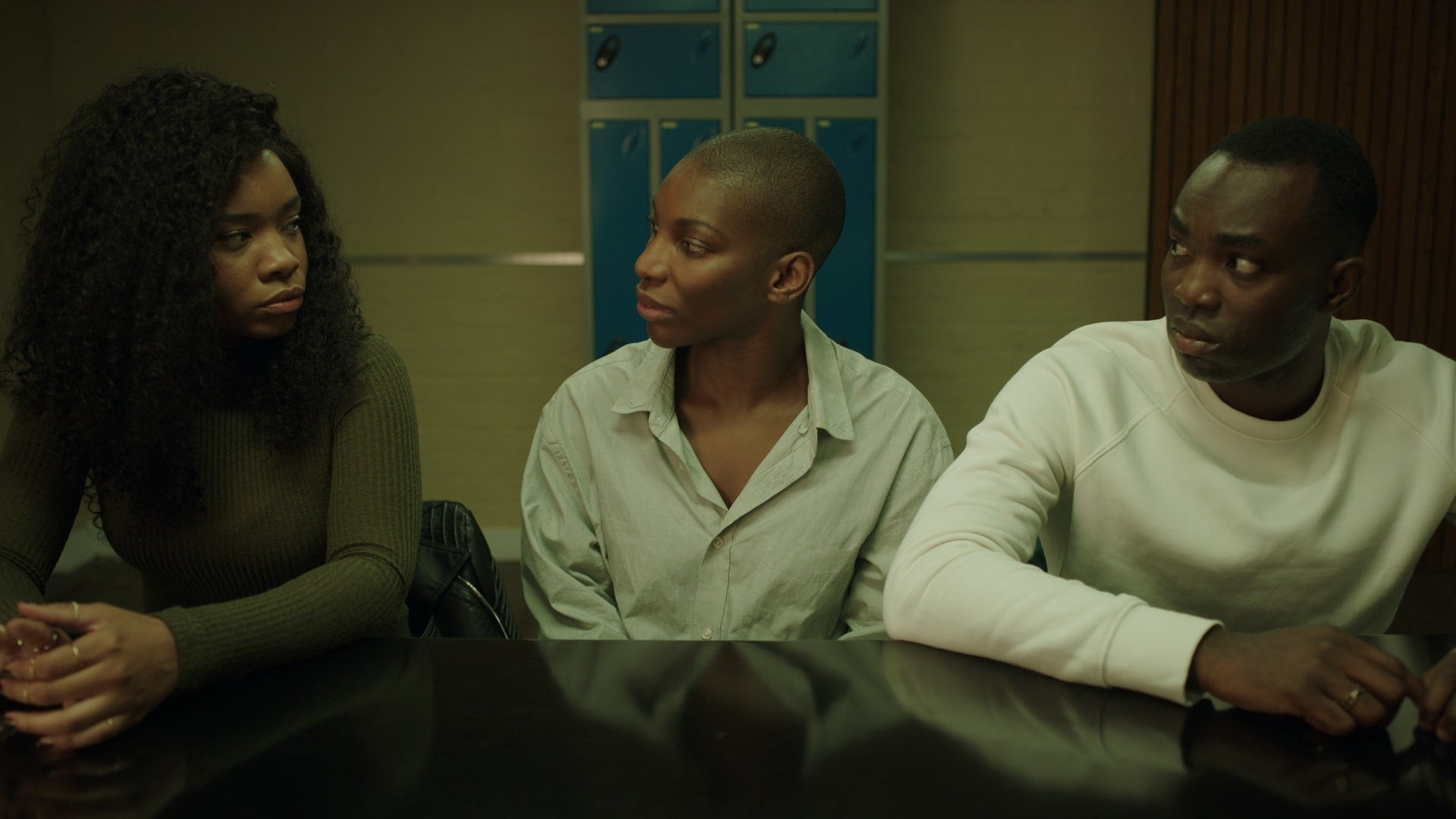
At the start of I May Destroy You, arguably this summer’s most captivating comedy-drama, it’s difficult to know what to expect. We meet Arabella (Michaela Coel), a fun-loving, if somewhat irresponsible young British-Ghanaian Londoner trying to stay on track to write her second book, after visiting a guy you might describe as her entanglement, because the man is most certainly not her boyfriend.
From the onset, if you were to imagine that the series would capture the trials and tribulations of being young — depicting quintessential stories centered on romance and sex, friendships and work — you would be wrong. Instead, I May Destroy You offers all of this in addition to an agonizing yet powerful portrayal of some of the most nuanced narratives on consent, sexual assault, and power in popular culture.

Written and created by Coel and taken from her own personal journey as a survivor of sexual assault, I May Destroy You also illustrates the lives of young Black British people, a demographic that is underrepresented in both U.K. media and whose complexities are unexplored in Western media at large. Alongside Arabella, are Terry (Weruche Opia) and Kwame (Paapa Essiedu), her close friends, who like Arabella experience varying degrees of sexual assault, manipulation, and coercion. But rather than being painted as a horror show of traumas, infused with humor and dynamism, the characters are notably imperfect, and engage in misdeeds themselves in as much as they are harmed by others.
It’s a necessary and refreshing portrayal of being human, and that the stories that we often tell ourselves about who we are, as occupying either “bad” or “good” are less real than the grey I May Destroy You represents. The harm experienced by the show’s characters are made clear, including how the depths of consent and sexual assault are so intricate that one might unknowingly experience such harm, and be unaware of it — until they aren’t. Yet that clarity of bearing and propagating trauma doesn’t exist on a victim-perpetrator duality, and even in the incidents that leave the characters aggrieved, there is a context of an already formed conglomerate of pain present; the hurts synthesize with each other.

Arabella’s journey from harm to healing on I May Destroy You involves coming to terms with that synthetization of pain. At first, she is simply incapable, instead opting for dubious “self-care” activities with Terry, while Kwame elects to use his sexuality to overcome his suffering. The failures of official systems used to assist survivors is present, as is the utility and inadequacy of social media as platform to share one’s struggles or become a voice for a community in the midst of one’s own struggle.
In the end, for the characters on I May Destroy You, it is in coming to terms with an incident one always questioned, or in allowing others to treat you with kindness, or in reimaging the events that tried to destroy us, that allow transformation from trauma. In I May Destroy You, Coel is asking the viewer to recreate a different story about the things that hurt us, in order to empower us.
Kovie Biakolo (@koviebiakolo) is a writer, editor, and multiculturalism scholar specializing in culture and identity.